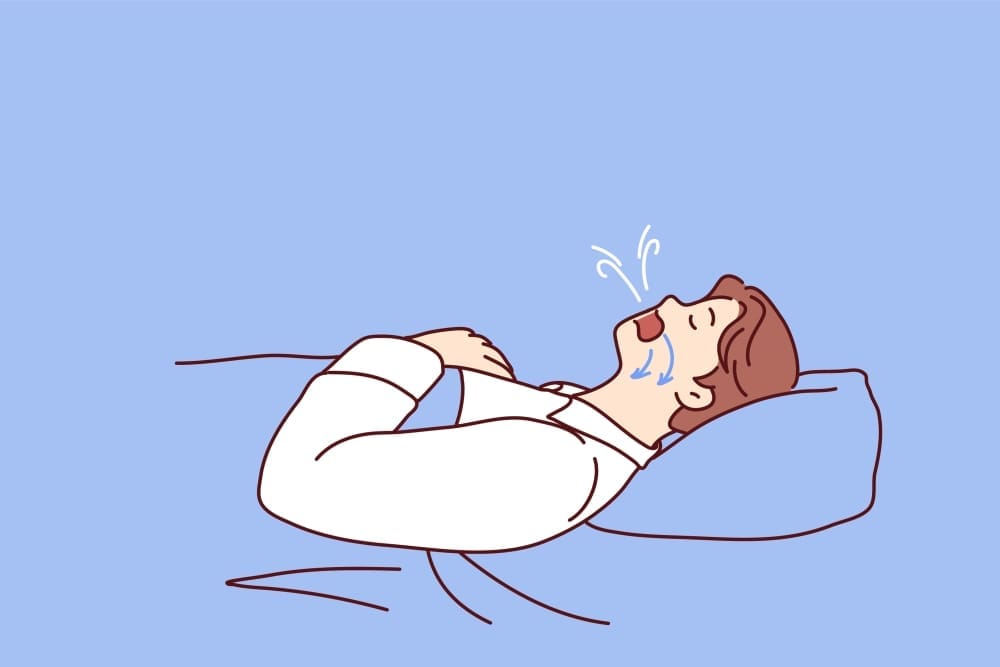A recent study has uncovered a troubling link between climate change and an increase in sleep apnea cases. As global temperatures continue to rise, the prevalence of obstructive sleep apnea (OSA), a disorder characterized by disrupted breathing during sleep, is expected to soar. This study, conducted by Flinders University and published in the journal Nature Communications, analyzed data from 116,620 participants over three years. The findings suggest that higher ambient temperatures could increase the probability of experiencing OSA symptoms by 45% on a given night.
Researchers predict that by 2100, the burden of OSA might double, significantly impacting healthcare systems, particularly in regions with less access to air conditioning. The study found that European countries, where air conditioning is less common compared to Australia and the United States, showed the most pronounced impact.
Dr. Bastien Lechat, the lead author, highlighted the surprising magnitude of the relationship between temperature and OSA severity. The study’s senior researcher, Dr. Danny Eckert, noted that the results might underestimate the true impact, as the study focused on economically developed areas where air conditioning is more prevalent.
Sleep apnea, a condition without a known cure, poses significant health risks, including fatigue, diminished quality of life, and increased likelihood of traffic accidents. Severe cases can lead to dementia, cardiovascular disease, anxiety, and depression. With global warming potentially exacerbating this condition, associated comorbidities might also rise.
The study emphasized the need for strategies to mitigate the impact of rising temperatures on sleep disorders. Symptoms of sleep apnea often include loud snoring, dry mouth, frequent nighttime awakenings, morning headaches, and daytime fatigue. Individuals suspecting they have sleep apnea are advised to consult healthcare professionals for diagnosis and treatment planning.







